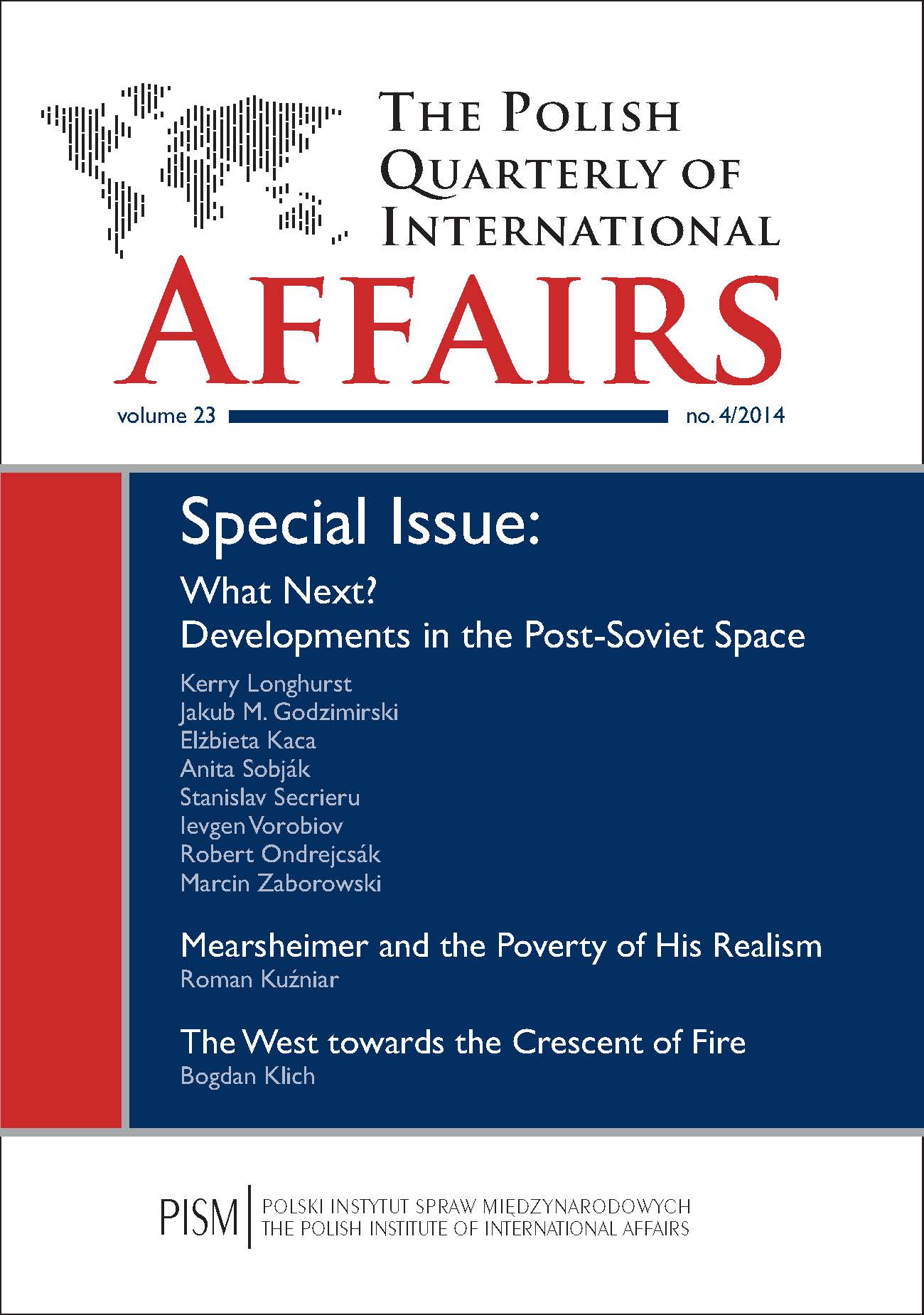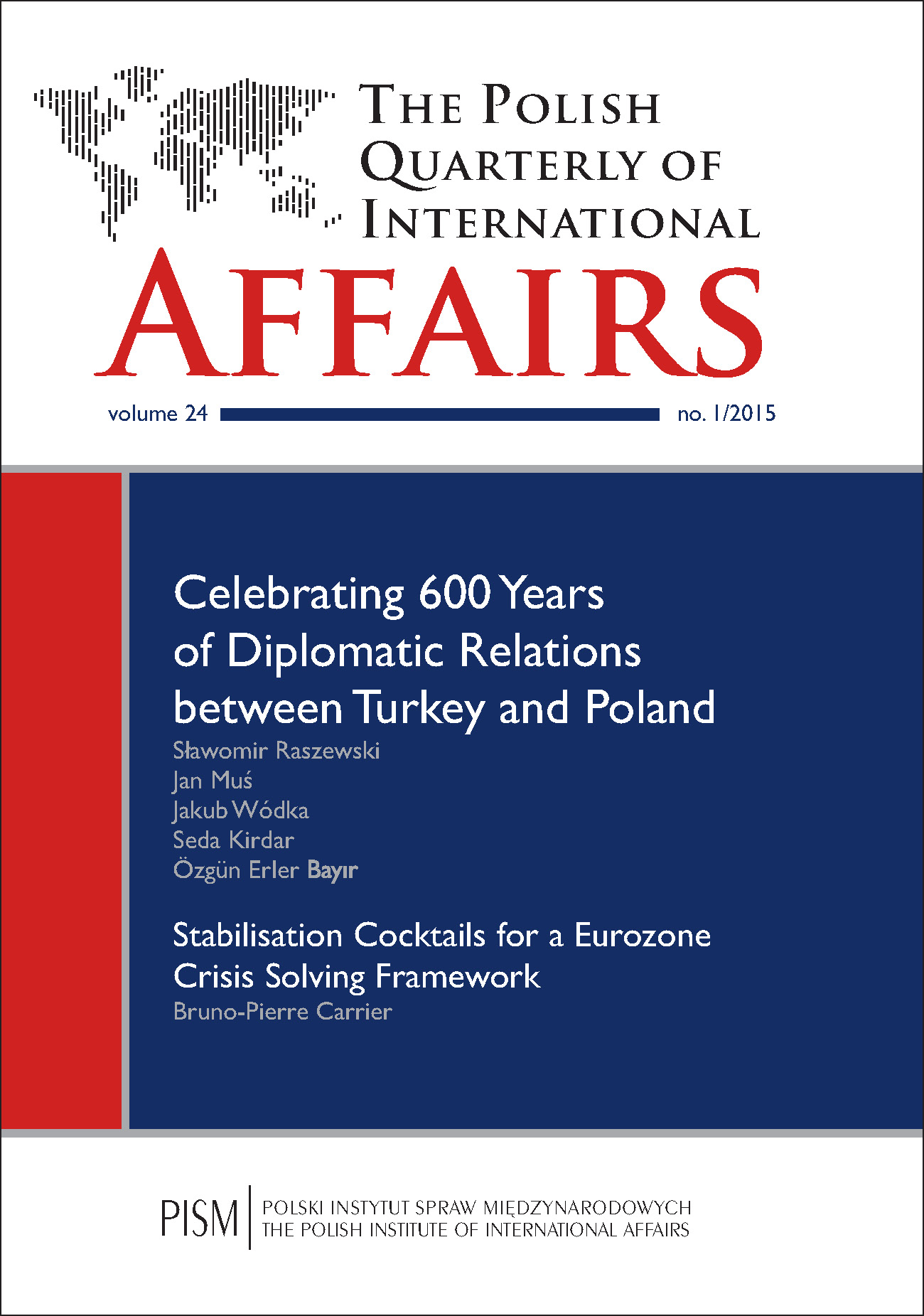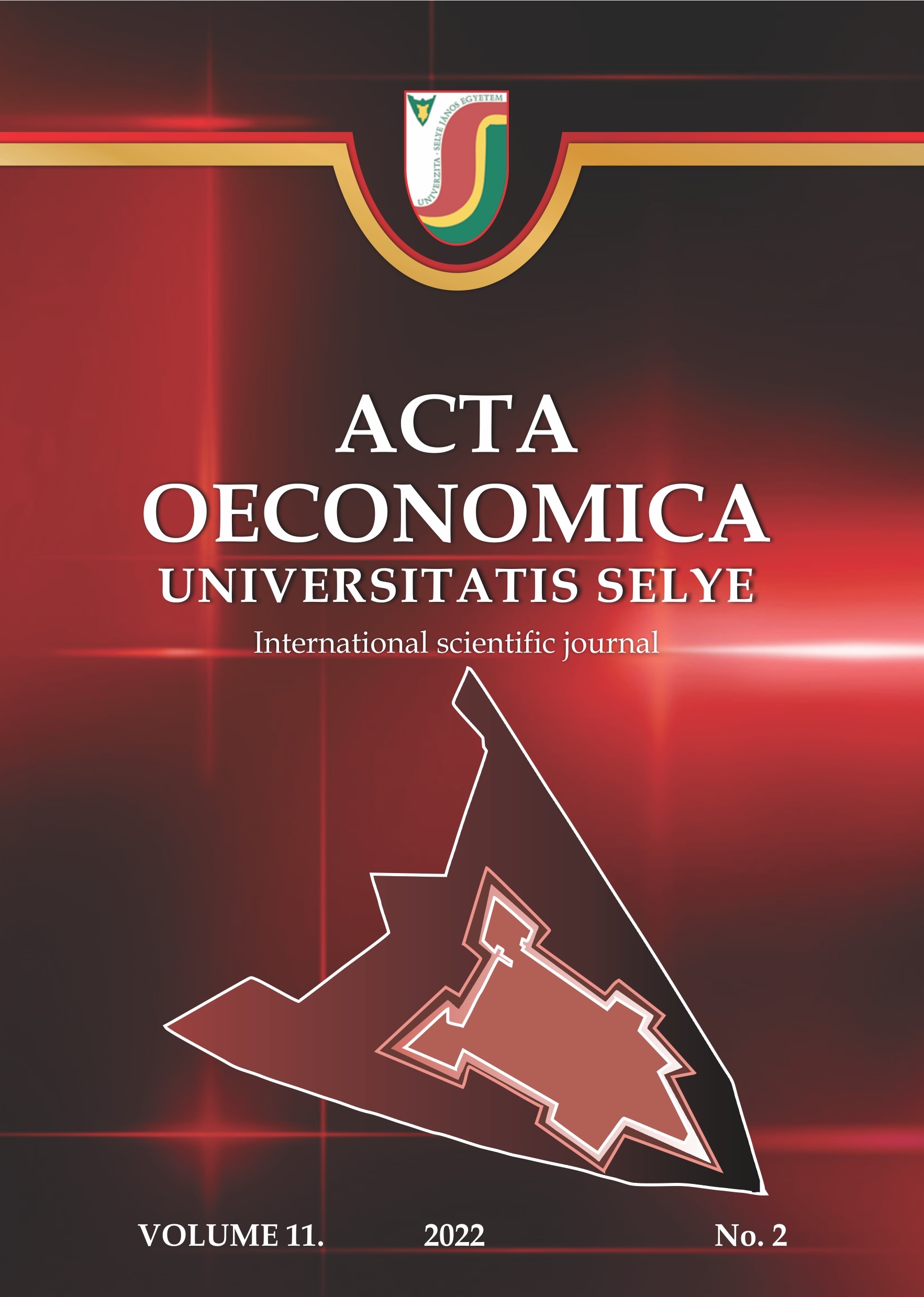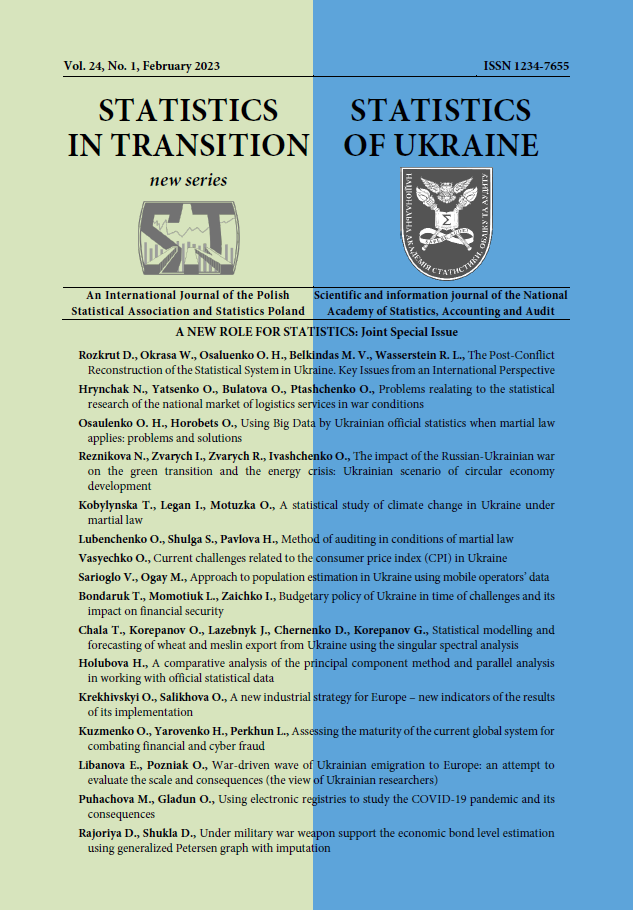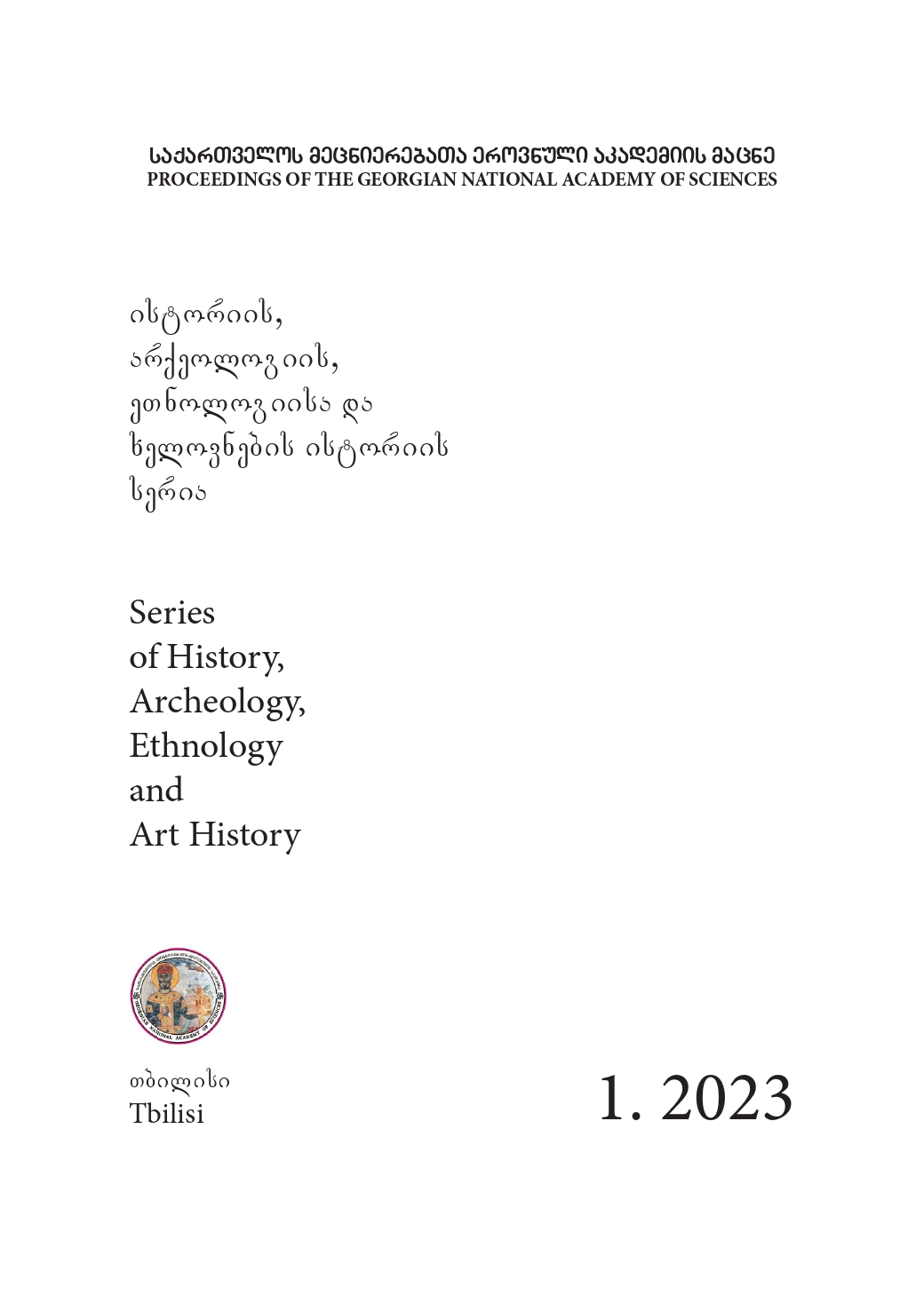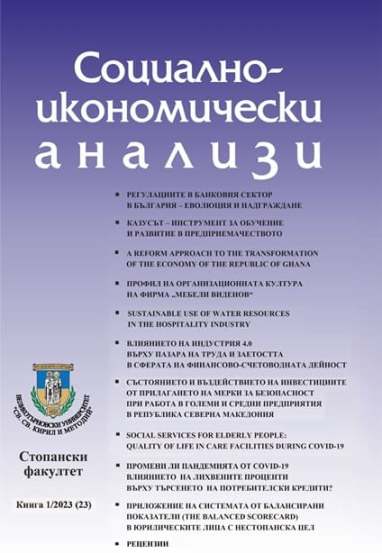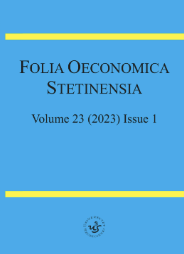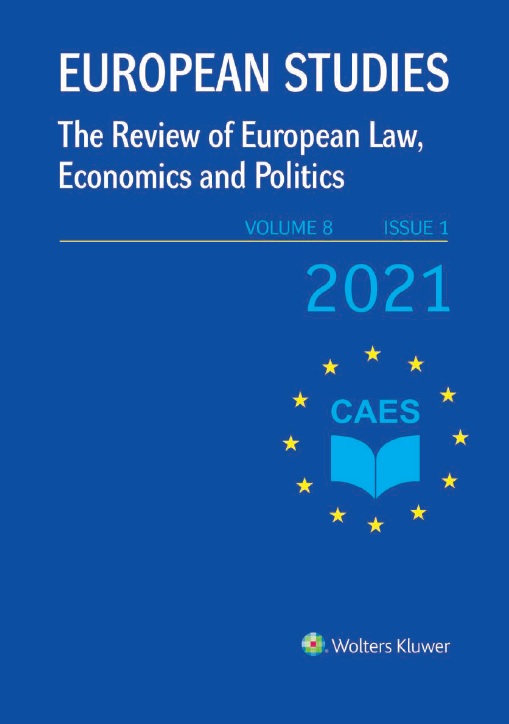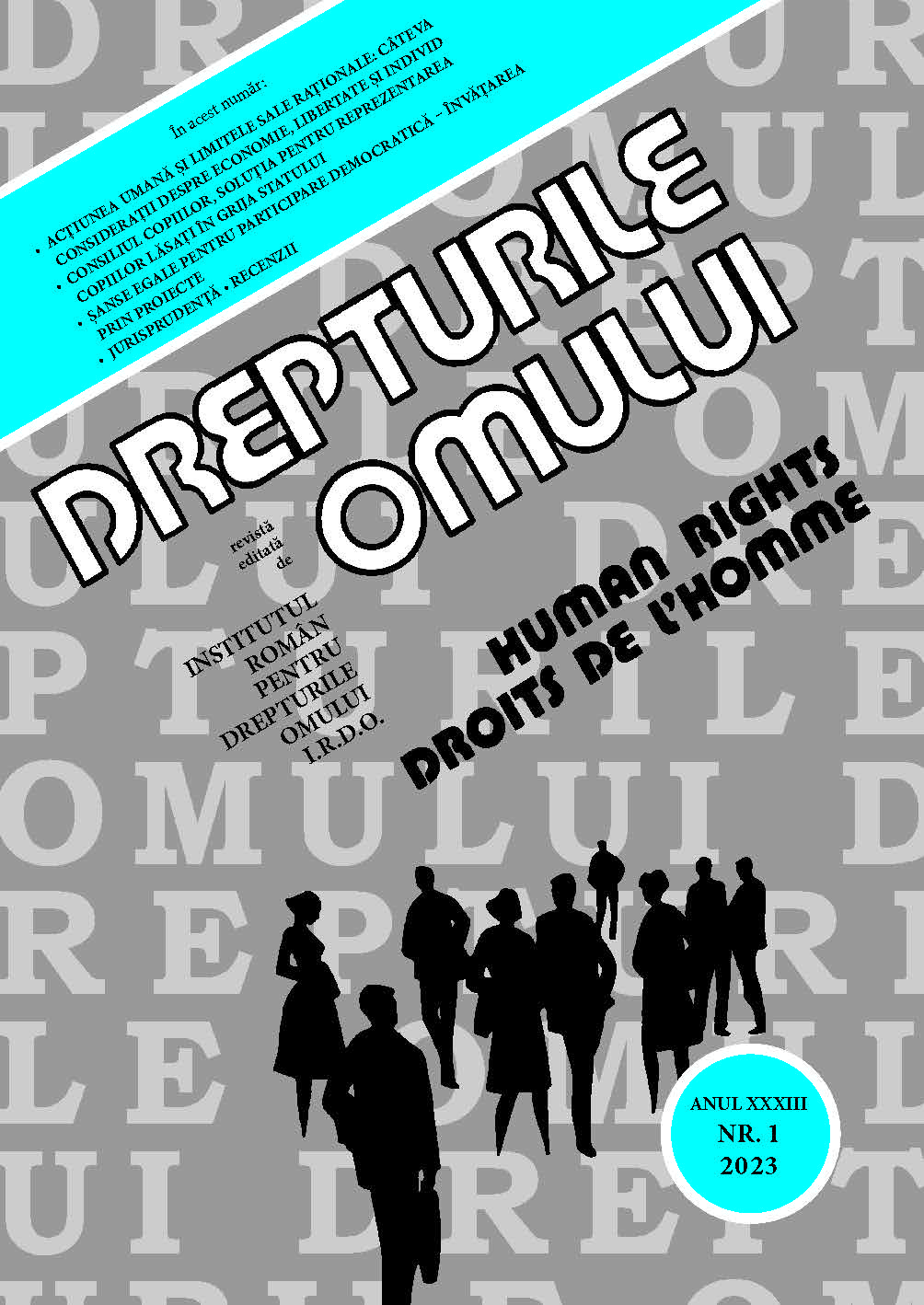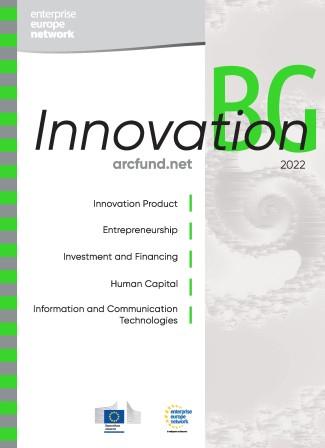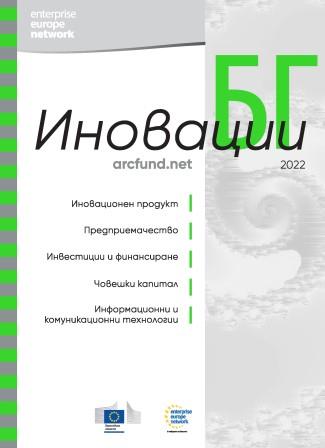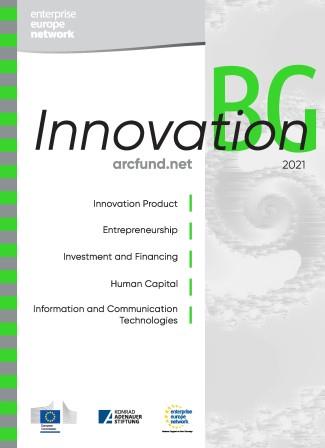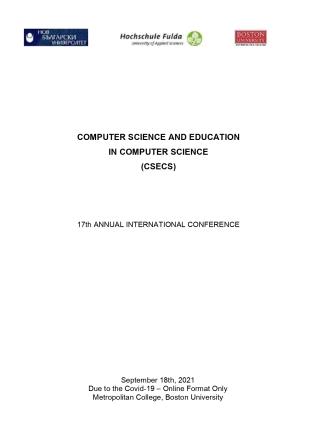Author(s): Bogdan Ștefanachi / Language(s): Romanian
Issue: 1/2023
Not rarely, economy has been transformed into an autonomous science in relation to the individual, aiming to improve certain abstract indicators, often different or even divergent from their expectations. In this sense, there is a mistaken but quite widespread belief that there is no direct implication between the economic and political domains, that they are completely separate entities. In other words, individual freedom is a political matter, while material well-being is an economic one. Rejecting such a dichotomy, the “classical” liberals of the 20th century (neoliberals) adapted economic discourse to social explanation. Furthermore, they emphasised the neutral nature of the economic science and understood reason only as capable of discovering and explaining the connection between means and ends. Therefore, there is no liberal purpose of man (the individual, humanity), as liberalism offers the path to a plurality of purposes, each of them having a particular character and being the subjective, rationally unprovable action of each individual. Based on these premises, this study argues that if the economy continues to be the instantiation of human action, then only freedom can foster performance and maximise the way in which the economy itself becomes a component of a world that places the individual at its centre. From such a perspective, it becomes useful and necessary to investigate how Ludwig von Mises (re)writes economics as human action, and how his successor, Friedrich Hayek, (re)defines rationalism to distance it from its illicit use within totalitarian systems. What the two philosophers and economists actually reveal is the fundamental and founding connection between freedom and economic performance. Moreover, identifying several arguments against state intervention in the economy highlights once again the validity of the necessary relationship between economy and freedom.
More...
